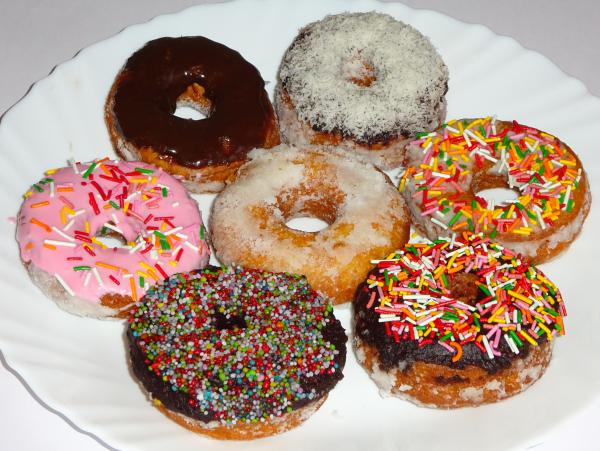A recently published story in the BMJ links the risk of breast cancer and all cancers to consumption of what are termed "ultra-processed" foods. These are foods that have been described thus:
Ultra-processed products are made from processed substances extracted or refined from whole foods – e.g. oils, hydrogenated oils and fats, flours and starches, variants of sugar, and cheap parts or remnants of animal foods – with little or no whole foods. Products include burgers, frozen pasta, pizza and pasta dishes, nuggets and sticks, crisps, biscuits, confectionery, cereal bars, carbonated and other sugared drinks, and various snack products. Most are made, advertised, and sold by large or transnational corporations and are very durable, palatable, and ready to consume, which is an enormous commercial advantage over fresh and perishable whole or minimally processed foods … [They] are typically energy dense; have a high glycaemic load; are low in dietary fibre, micronutrients, and phytochemicals; and are high in unhealthy types of dietary fat, free sugars, and sodium.
Source: Monteiro CA, Moubarac JC, Cannon G, Ng SW, Popkin B. Ultra-processed products are becoming dominant in the global food system. Obes Rev2013;14(Suppl 2):21-8. doi:doi:10.1111/obr.12107pmid:24102801
The authors of the BMJ study used data from the French NutriNet-Santé, which is "...an ongoing web-based cohort launched in 2009 in France with the objective of studying the associations between nutrition and health, as well as the determinants of dietary behaviours and nutritional status." There were over 100,000 participants in the study who were followed on average for five years. Information on diets came from repeated 24-hour food records completed online by the participants.
The composition of the ultra-processed foods  consumed by the participants is shown at right, with sugary products and drinks providing nearly half of the total.
consumed by the participants is shown at right, with sugary products and drinks providing nearly half of the total.
The researchers found that increased consumption of such foods by 10 percent was associated with an 11 percent increased risk of breast cancer and an increased risk of 12 percent for all cancers.
What can we make of these data?
Frankly, not much. With such a huge sample, it would be unusual to not find a statistically significant correlation between some aspect of the diet and cancer. But that doesn't mean that this would be clinically significant. And indeed, the increased risks were small — so small that an epidemiologist might well be inclined to ignore them. From such studies, which have no randomly assigned control group, one cannot conclude that one factor actually causes another — especially when the changes are so small .
This doesn't mean that unlimited consumption of these ultra-processed foods (what in the US would be labeled as 'junk foods') is a great idea for anyone, but worrying about whether those doughnuts you ate last week will give you cancer is absolutely not supported by such studies!




